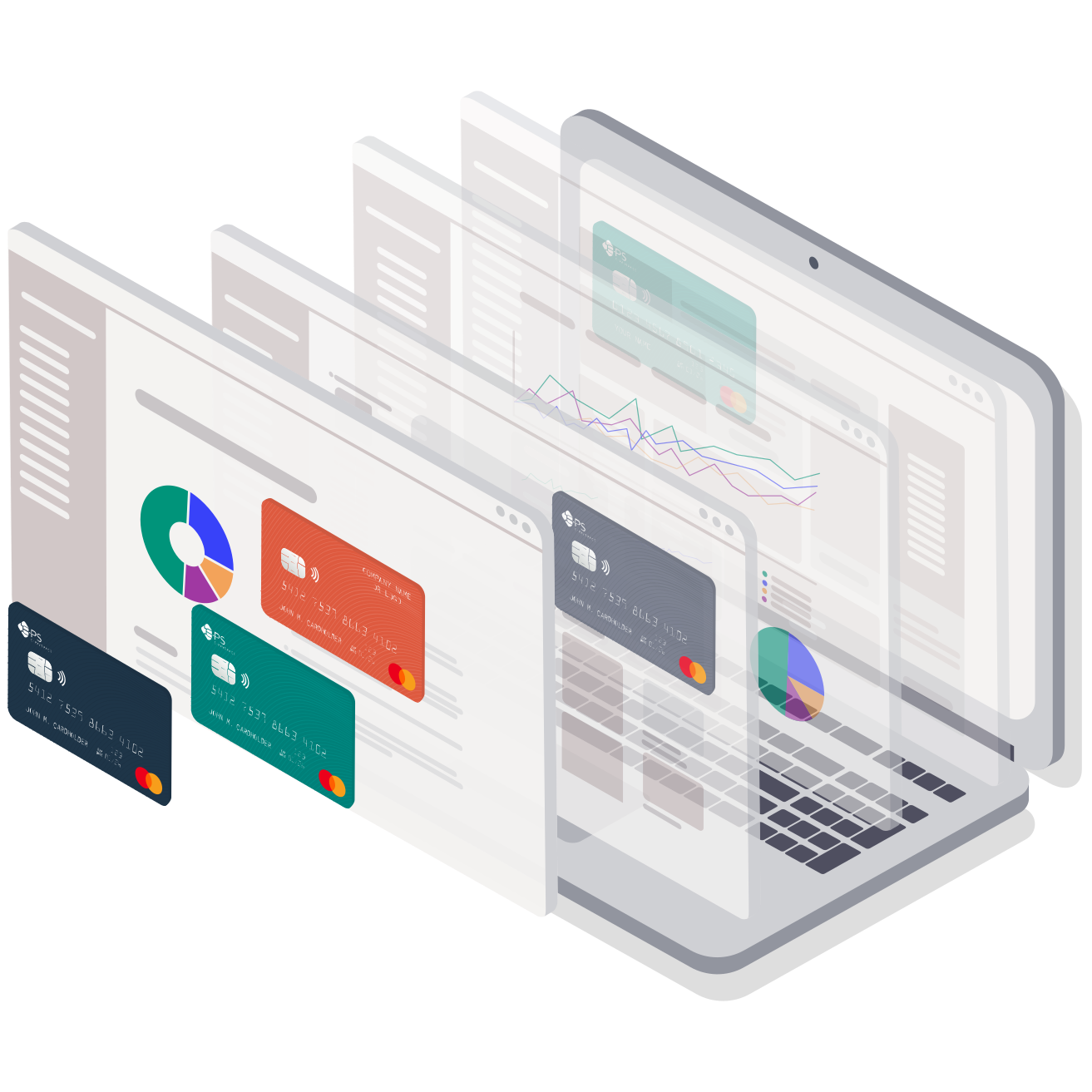Open Banking: Definition, why and for whom?
Discover what open banking is
What is Open Banking: Definition
This new anglicism, which could be translated as “open banking system”, allows banks to share certain customer data with other players in the financial world under certain conditions, as well as non-personal data relating to the banks themselves (e.g. branch locations, services provided, etc.). The very principle of an open banking system suggests apprehension, since the notions of security and protection have until now provided the “guarantee” of well-guarded money.
In fact, Open Banking isn’t all that new. This concept first appeared in 2013 in the second European Payment Services Directive (PSD2) and has been an obligation for banks since January 2018. It promises many technological breakthroughs in the financial sector, which is very favorable to the emergence of Fintechs. Indeed, banks can now share customer data with third parties in order to better understand consumer habits (e.g. savings, etc.). The sharing of this information framed by the GDPR law, obliges banks to be more transparent about the use of this information as well as about commercial transactions carried out with this data, while of course requiring the prior consent of individuals.
At the heart of this model is the requirement for banks to provide API (Application Programming Interface) connectors from September 2019. This technological and ideological breakthrough enables third-party developers to offer innovative applications and services to the world of finance by connecting their solutions to existing databases, creating new interactions and synergies.
Open Banking: why and for whom?
The digitisation of financial services has driven banks to develop ever more new products and services, drawing on the explosion in new technologies and, above all, the expertise of new, more flexible and efficient players. This sudden and inescapable modernisation calls on banking establishments to make their customers’ data accessible to third parties capable of providing these new, advanced services. The risk of opening its doors to start-ups is therefore outweighed by the potential for colossal additional revenues.
The opening up of information systems is a veritable revolution, as data sharing has until now been so compartmentalised and opaque. This openness is forcing banks to offer extra-financial services, also known as “beyond banking”. The aim is to offer a relevant service when the customer needs it, and to position themselves upstream and downstream of this need, anticipating and satisfying it.
Information gathering and the ability of fintechs to offer their customers more and more innovative services are all aimed at improving the relationship between consumers and their banks. The massive exploitation of collected data (Big Data) promotes a better user experience and above all offers products and services tailored to individual needs (e.g. investments, coaching, etc.), personalised banking becomes even more concrete.
As you can see, Open Banking represents the future of the banking sector, because thanks to new technologies and data sharing, financial players will be able to anticipate and offer better services to their customers.
Yes, users’ reservations about data security remain legitimate, because Open Banking also opens up the system to potential new security risks, new vulnerabilities and, above all, new temptations. But if new technologies improve the customer experience, they will also undoubtedly provide new weapons against cybercrime. The law, which is also increasingly attentive to the use of personal data, will be an unprecedented restrictive weapon, and the customer will be the winner. New uses will profoundly transform the way traditional players think.
What is a Processor?
Why are closed-loop payment media appealing to event organisers?
What is a BIN Sponsor?
Would you like to find out more about our solutions?
Custom-built or ready-to-use, we’ve got the solution you need!
